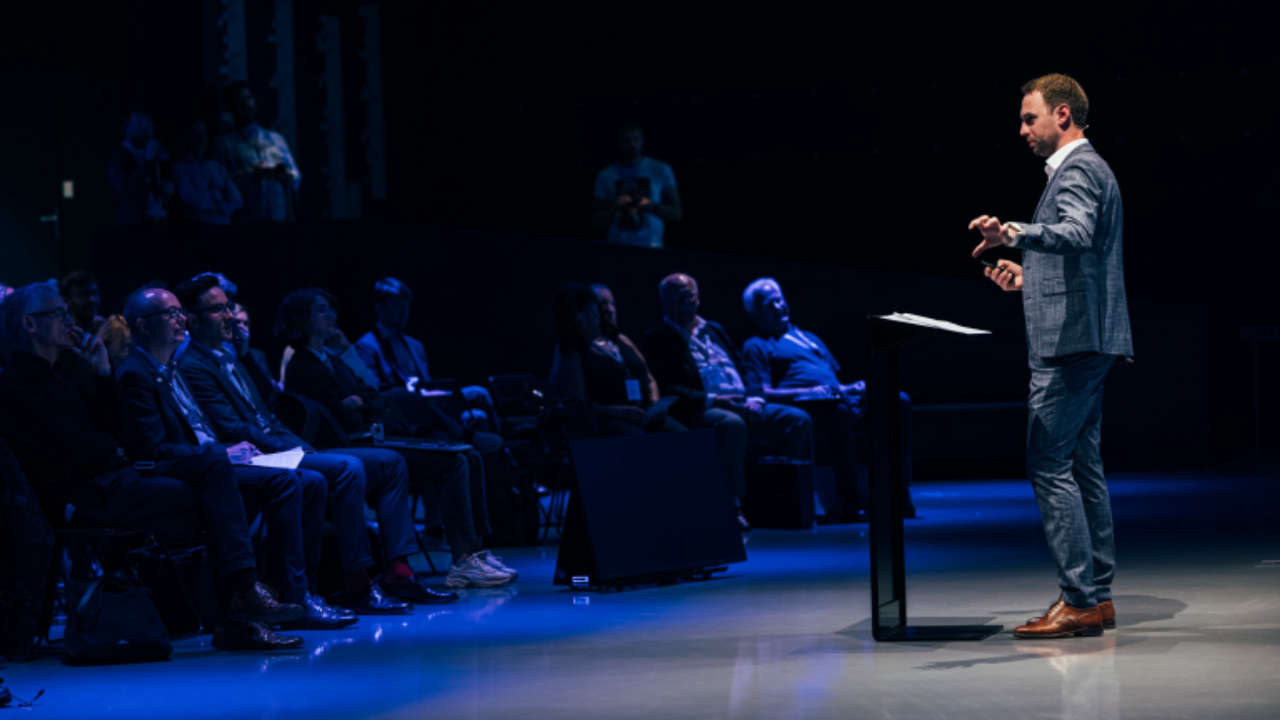
In mid-September, we invited experts to Prague to present their interesting projects at the fourth edition of the international conference Prague City Data Congress (PCDC), which focuses on urban data and its use for better city management and improving the lives of its residents.
Monday's congress programme included inspiring presentations, excellent workshops and a city walk with the amazing Štěpánka Enderle Šmídová, who discussed urban greenery and climate change. Selected Monday presentations and moderated debates with experts are available to watch from the recording. These include the opening of the PCDC by representatives of the organiser, the city's ICT Operátor (OICT), Benedikt Kommel and Petr Suška. Antony Page introduced the Urban Data Platform and explained how it helps cities and regions address climate and mobility issues through data and action. Peter Mante spoke about ethical AI and public space, focusing in particular on affect recognition technology, better known by its commercial moniker of emotional AI, which is fast becoming an integral layer of smart city design. The case study "A data-driven approach to urban transformation in Bologna" was presented by Leonardo Tadeschi, whose observation and monitoring activity aims to collect data and information on the impacts caused by interventions in public space by its regular visitors. Jana Zdráhalová and Jan Kurilla use modern technology to monitor the space and describe how people behave in the space, thus providing information that is used, for example, to prepare informed assignments for architects and urban planners. During her talk "A human-centric approach to Smart City concept: evaluating the human experience using data", Eunsu Kim talked about how much can be evaluated through a human-centric lens - for example, how design interventions affect the use of public spaces and the pedestrian experience in public spaces, as well as focusing on evaluating the human experience in cities using open data and social media data analysis. Drawing on his experience at the Senseable City Lab at the Massachusetts Institute of Technology (MIT), Fábio Duarte presented projects focused on how we can use data and digital technologies to understand the interaction between urban mobility and public space. For example, Duarte presented what makes some streets more desirable than others, using an analysis of hundreds of thousands of actual pedestrian trips in Boston based on data from selftracking apps. He also mentioned a project to build a fleet of autonomous boats for Amsterdam and led an interactive workshop during the congress.
Photo by FotoMaly.cz